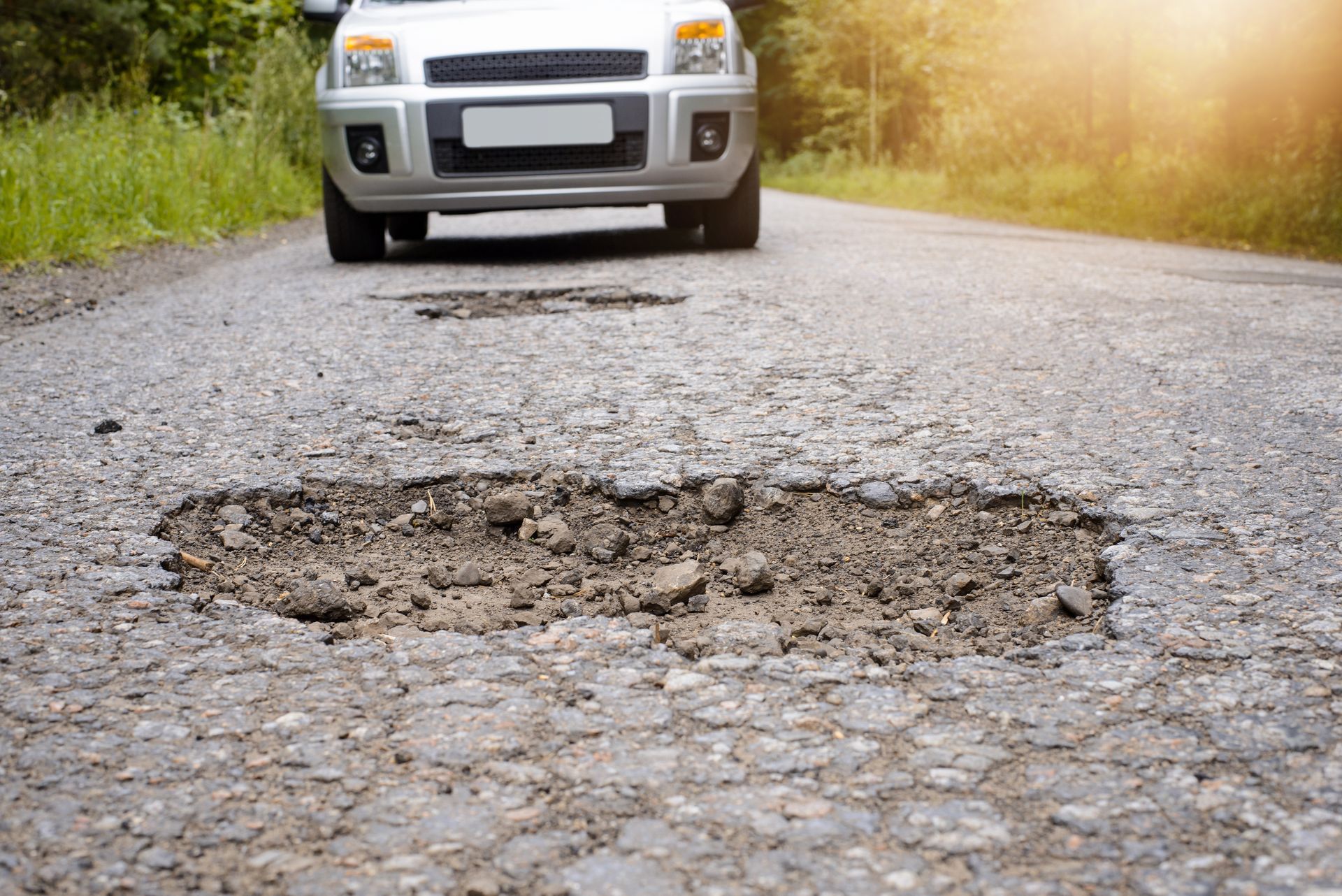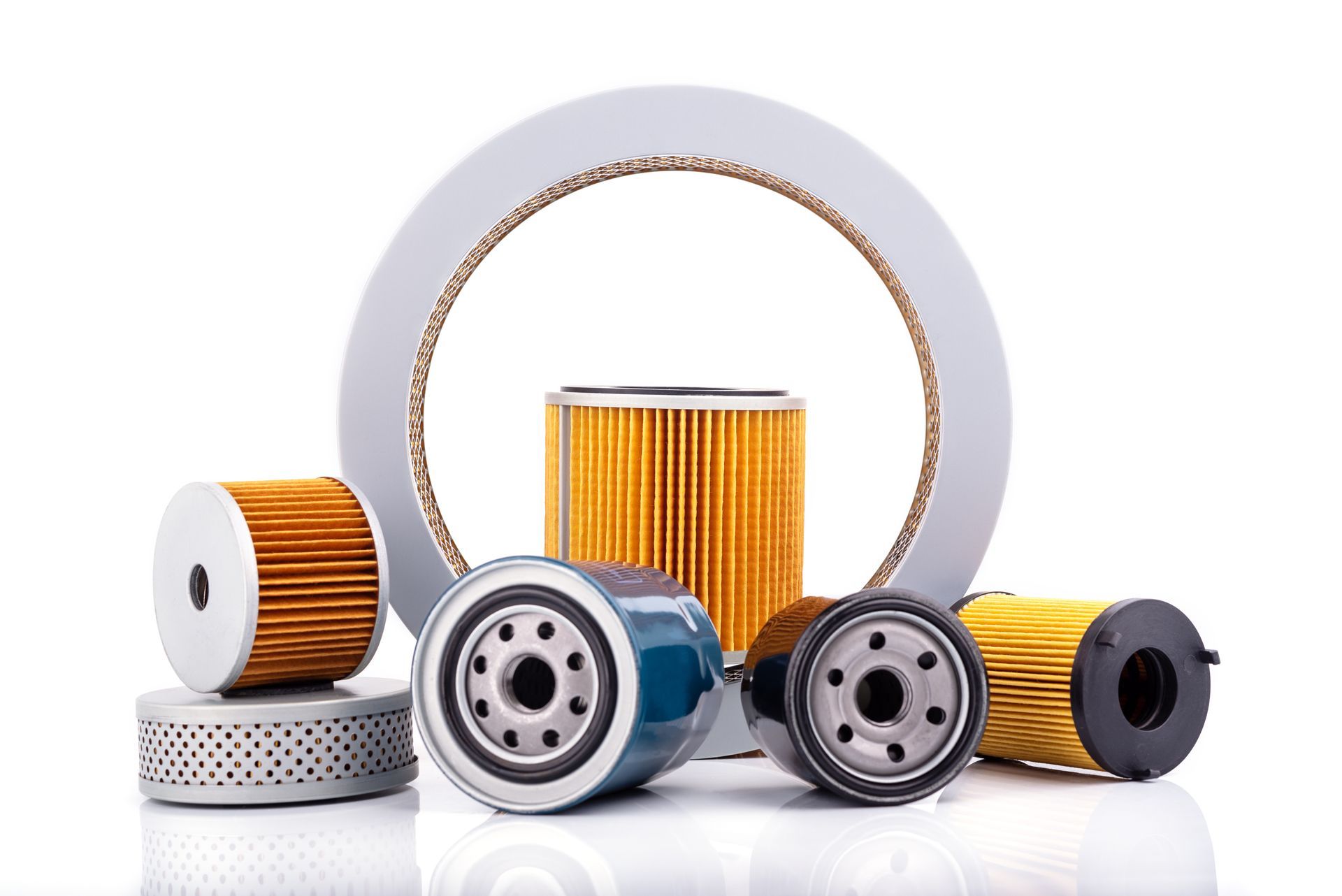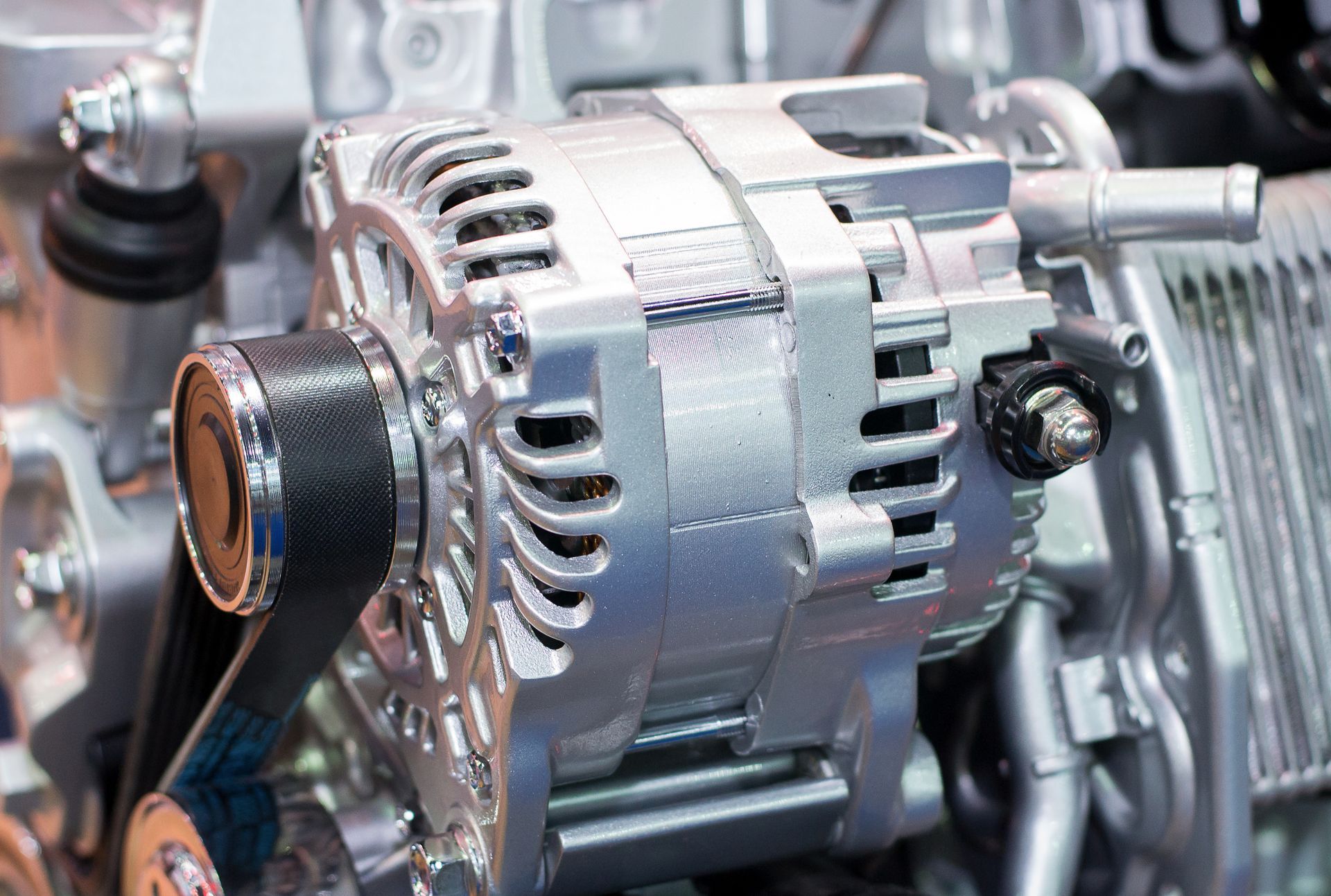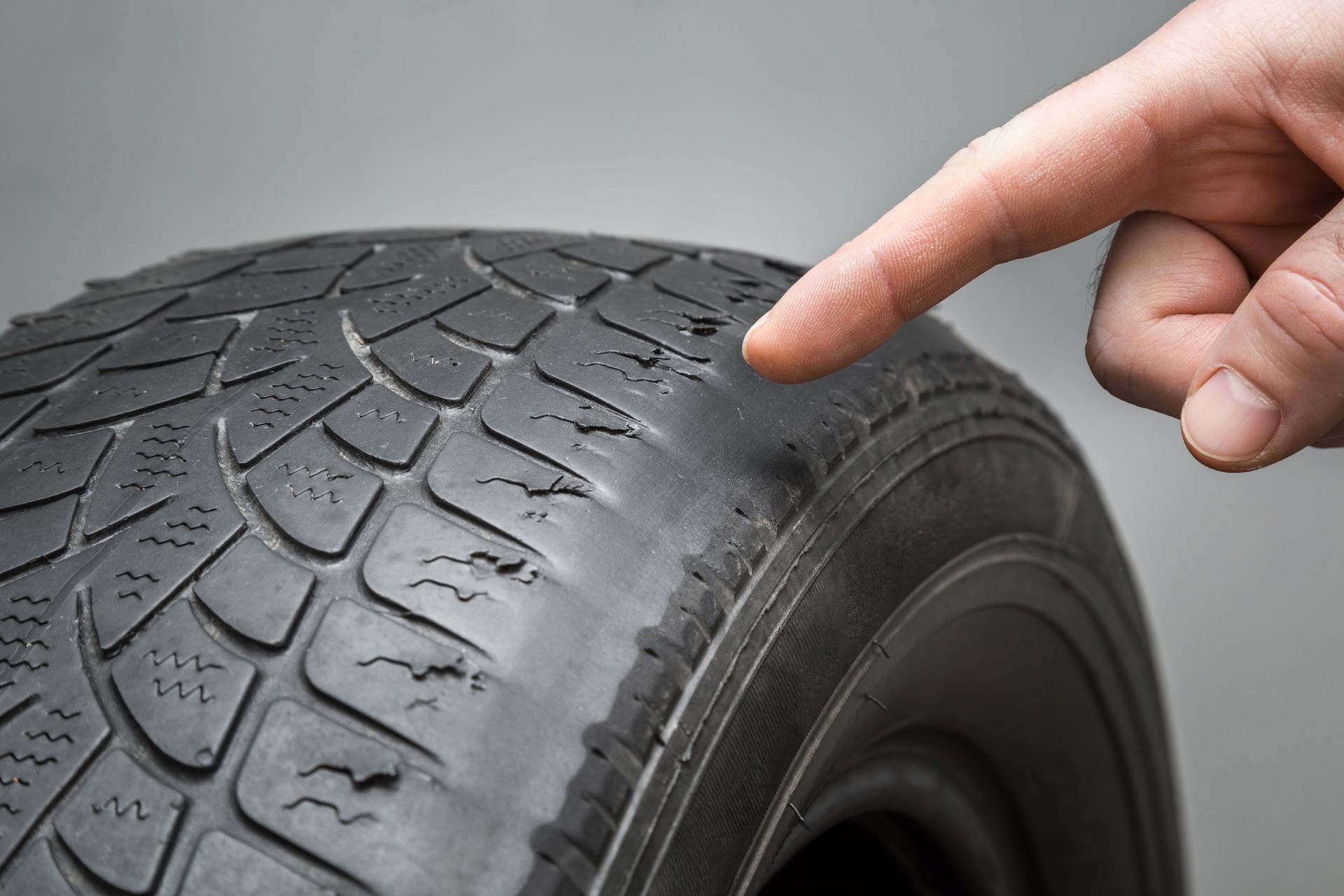You press the brake pedal, and instead of a smooth stop, the steering wheel starts to shake—or maybe you feel a pulse through the pedal or the whole car begins to tremble. It’s not a comforting feeling, and it usually doesn’t go away on its own.
Brake-related vibration is one of those issues drivers tend to shrug off at first, but it’s often your vehicle’s way of pointing to a developing problem that needs to be checked out. So what’s behind the shake when you slow down?
Warped Brake Rotors
The most frequent cause of brake-related vibration is warped rotors. Rotors are large, round discs that your brake pads press against to slow your car. Over time—and especially under heavy use—these rotors can wear unevenly or develop high spots due to heat and pressure.
When you press the brake, those uneven surfaces create pulsation and vibration that you can feel in the steering wheel or pedal. Warped rotors don’t usually pose an immediate safety risk, but they can reduce braking efficiency and increase wear on pads.
Uneven Brake Pad Wear
Brake pads wear down with every stop. If they don’t wear evenly—due to misaligned calipers, sticking slides, or poor installation—they can cause vibration when they make contact with the rotors.
You might also hear a squeak or feel inconsistent braking power. If the pads are new and the vibration appeared after they were installed, there’s a good chance something wasn’t seated correctly, or the pads aren’t wearing evenly.
Suspension or Steering Issues
Sometimes, what feels like a brake problem is actually a suspension or steering issue that becomes noticeable under braking. Worn tie rods, ball joints, or control arm bushings can allow excessive movement when the vehicle slows down, causing shaking or instability.
If your car also feels loose on turns, makes clunking noises over bumps, or has uneven tire wear, your suspension may be the real culprit.
Tire or Wheel Problems
Your tires play a huge role in how your car behaves under braking. If they’re out of balance, improperly inflated, or have flat spots, they can cause vibration—especially at higher speeds or during sudden stops.
In some cases, a bent wheel rim or improperly torqued lug nuts can create a wobble that mimics braking vibration. These issues might not be noticeable until you apply the brakes and shift the vehicle’s weight forward.
Brake Caliper Malfunction
If a caliper isn’t functioning properly—like sticking or not releasing all the way—it can cause one side of the brake system to drag. This uneven pressure may cause shaking or pulling to one side during braking.
A sticking caliper may also overheat the rotor and pads, creating a burning smell or smoke. If you feel vibration accompanied by heat or strong odors, this needs immediate attention.
When Should You Be Concerned
Braking should feel smooth and predictable. If your car vibrates during braking—even lightly—it’s worth getting checked out. Ignoring the problem won’t make it go away. In fact, it usually gets worse, leading to more expensive repairs down the line.
Watch for:
- Vibration in the steering wheel or brake pedal
- Pulsing sensation as the vehicle slows
- Pulling to one side while braking
- Noise (grinding, squeaking, or rattling)
- Burning smells or heat from one wheel
We can inspect your brakes, rotors, tires, and suspension to pinpoint the exact cause.
Duffy’s Auto Service – Brake Inspections and Repair in Paul Park, MN
If your car vibrates when you hit the brakes, don’t wait for the problem to get worse. Bring it to
Duffy’s Auto Service in Paul Park, MN. Our expert technicians will inspect your brakes, rotors, suspension, and wheels to find the cause and get you back to safe, smooth stops.




